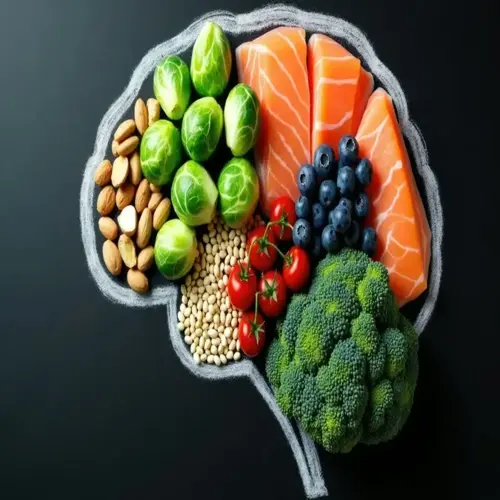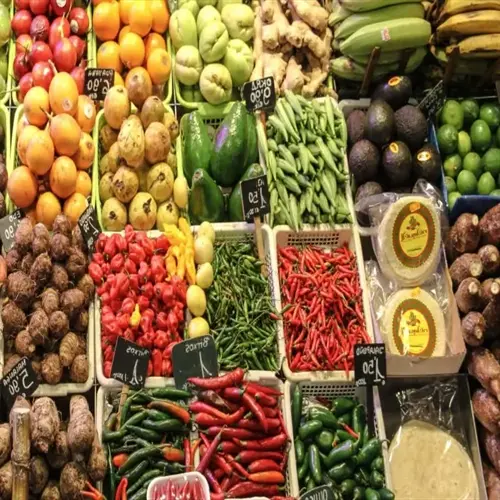What are the best plant-based proteins for seniors?

Written by
Stella Nilsson
Reviewed by
Prof. Graham Pierce, Ph.D.Seniors benefit from various plant proteins, as they contain excellent nutrition without the need for animal products. They provide the necessary amino acids for muscle maintenance and energy. I have had vegetarian clients who consistently maintained their strength through careful selection of plant-based proteins, which helped them achieve independence while still adhering to their dietary preferences.
Lentils & Chickpeas
- Provide 18g protein per cooked cup plus fiber
- Rich in iron and folate for energy production
- Versatile in soups, salads, and veggie burgers
Tofu & Tempeh
- Soy-based proteins with all essential amino acids
- Tempeh offers probiotics for gut health
- Marinate and bake for meat-like texture
Quinoa & Amaranth
- Rare complete-protein grains with 8g per cup
- Contain magnesium for muscle function
- Use as oatmeal alternatives or rice substitutes
Lentils and chickpeas are protein powerhouses as they provide 18 g of protein per cooked cup, along with fiber, which is good for digestion. My client Martha includes these in her daily soups and salads. She retains her garden strength without needing meat. This legume helps prevent muscle loss effectively and economically.
Tofu and tempeh make wonderful substitutes for meat. Pressed tofu can absorb all the flavors of marinades. The fermentation process of tempeh enhances the absorption of nutrients. One way to prepare tempeh is to bake it with tamari and maple syrup. The soy foods provide muscle-enhancing properties without concern for cholesterol. Include them in your diet 3-4 times a week.
Amaranth and quinoa are complete proteins among grains. They provide 8g of protein per cooked cup, plus important minerals. Make them like oatmeal for breakfast. My neighbor, John, adds nuts and berries. They sustain his energy for daily walks. With their versatility, one can maintain a consistent protein supply.
Nuts and seeds are dense snacks that pack a protein punch. For example, a quarter cup of nuts has 7g of protein and vitamin E. Chia seeds are a good source of omega-3s and can be sprinkled on oatmeal or yogurt. These nutrients provide fuel to stave off muscle loss between meals and promote overall health and brain function.
Read the full article: Nutrition for Seniors: Essential Healthy Eating Guide

